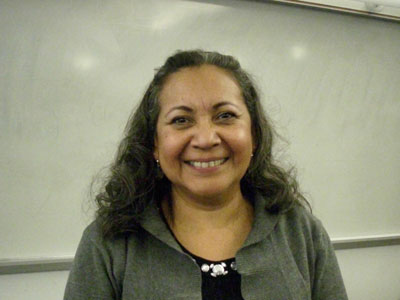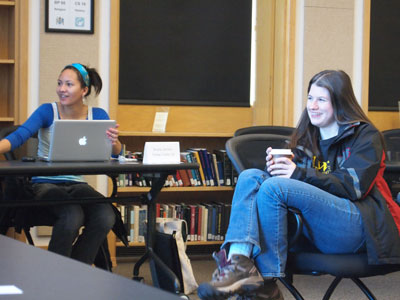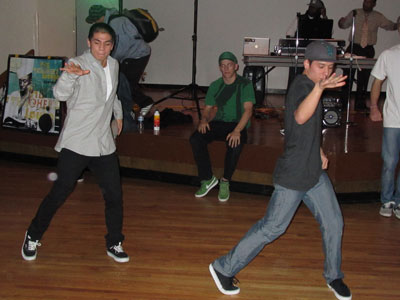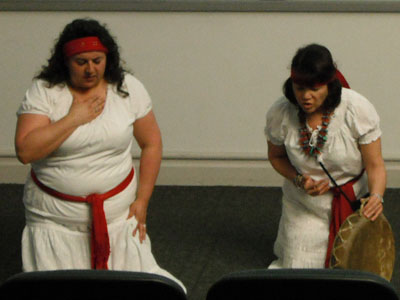DeltaDays: The culture is the cure
In a welcome departure from a traditional lecture format, Ashara Ekundayo gave an eclectic, multi-media presentation entitled “Artivism and Eco-cultivation.” Ekundayo explained these somewhat unfamiliar concepts in an engaging and informative way.
She began by discussing artivism, which is a combination the arts and activism. Ekundayo explained that artivists are people who use art and culture to address problems in society. The philosophy of artivists generally is, “The culture is the cure,” which is the idea that culture can fix the world’s problems.




